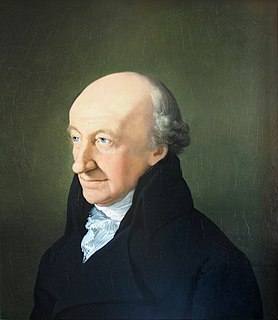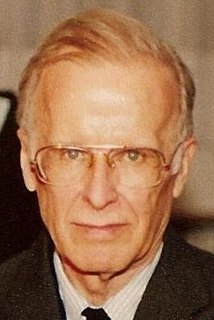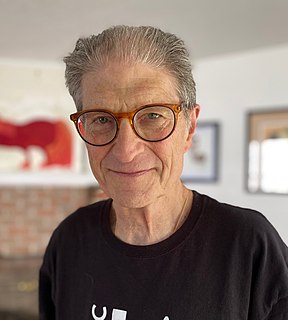A Quote by Johann Wolfgang von Goethe
Wer fremde Sprachen nicht kennt, weiss nichts von seiner eigenen.He who is ignorant of foreign languages, knows not his own.
Related Quotes
Von Neumann languages do not have useful properties for reasoning about programs. Axiomatic and denotational semantics are precise tools for describing and understanding conventional programs, but they only talk about them and cannot alter their ungainly properties. Unlike von Neumann languages, the language of ordinary algebra is suitable both for stating its laws and for transforming an equation into its solution, all within the "language."
It’s hard to pin down what makes Weiss’ music so distinctive. Perhaps it’s that even in the ballads, the tone is upbeat, the outlook positive. The way Weiss writes - passionately, wittily and with respect for his fellow musicians - attests to his talent and appetite for creativity, and suggests a long, enjoyable career.
There was a seminar for advanced students in Zürich that I was teaching and von Neumann was in the class. I came to a certain theorem, and I said it is not proved and it may be difficult. Von Neumann didn't say anything but after five minutes he raised his hand. When I called on him he went to the blackboard and proceeded to write down the proof. After that I was afraid of von Neumann.
I work in Hebrew. Hebrew is deeply inspired by other languages. Not now, for the last three thousand years, Hebrew has been penetrated and fertilized by ancient Semitic languages - by Aramaic, by Greek, by Latin, by Arabic, by Yiddish, by Latino, by German, by Russian, by English, I could go on and on. It's very much like English. The English language took in many many fertilizations, many many genes, from other languages, from foreign languages - Latin, French, Nordic languages, German, Scandinavian languages. Every language has influences and is an influence.































